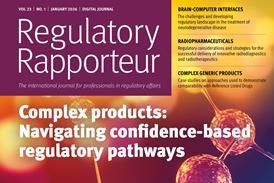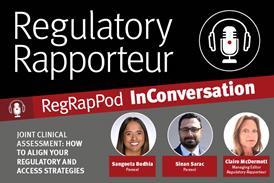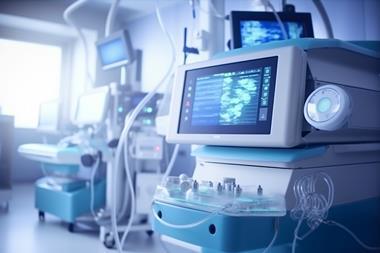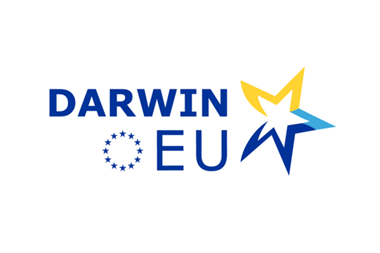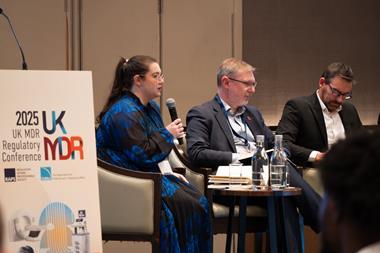The National Institute for Health and Care Excellence (NICE) is reviewing how health technologies, such as wearables, medical devices and AI tools are assessed to help evaluate their effectiveness, safety and performance.
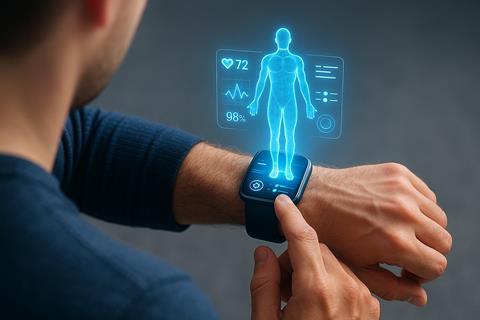
This initiative is a part of the government’s Life Sciences Sector Plan which was covered in a previous Regulatory Rapporteur news update. It also comes under the NHS 10 Year Health Plan’s goals to improve efficiency and better support patients’ needs.
Dr Sarah Byron, Deputy Director for HealthTech at NICE, said, ‘Health technologies are reshaping healthcare, opening up new ways to care for patients, diagnose conditions earlier, and help people stay healthier for longer.’
There is a growing range of devices and AI tools available, such as diabetes monitors, smartwatches and AI diagnostics, that are used to monitor and analyse health data in real-time. This gives patients instant access to their health information and can help support their medical needs. It does, however, raise ethical and regulatory concerns such as informed consent, data privacy and algorithm bias. AI tools, including apps, are also subject to various regulations and laws such as the General Data Protection Regulation (GDPR), the UK Data Protection Act, and the EU AI Act.
While there are ethical and regulatory issues to address, the growth of health technology enables patients to receive a wider range of helpful tools faster.
NICE is reviewing its assessment framework and evaluation methods in October 2025. The methods and process manual consultation closed on 22 October.


